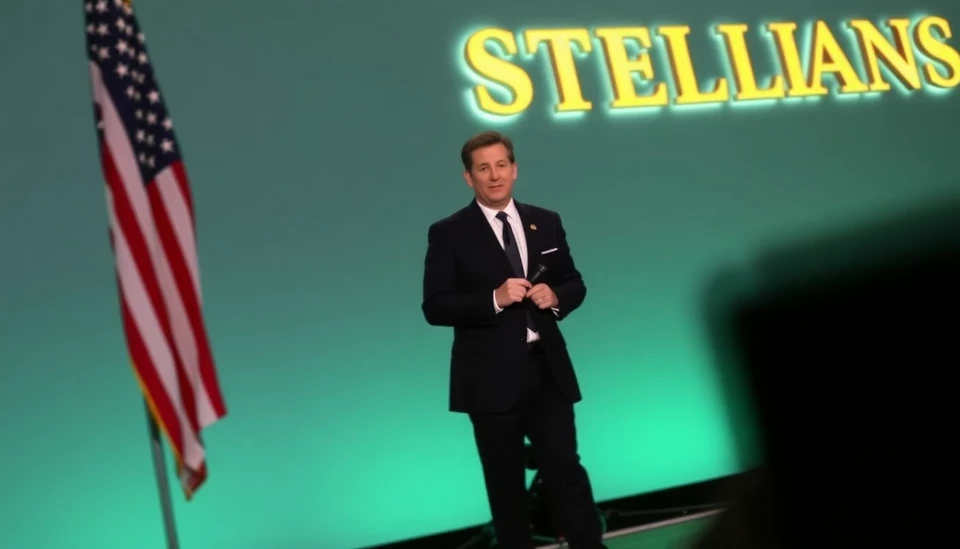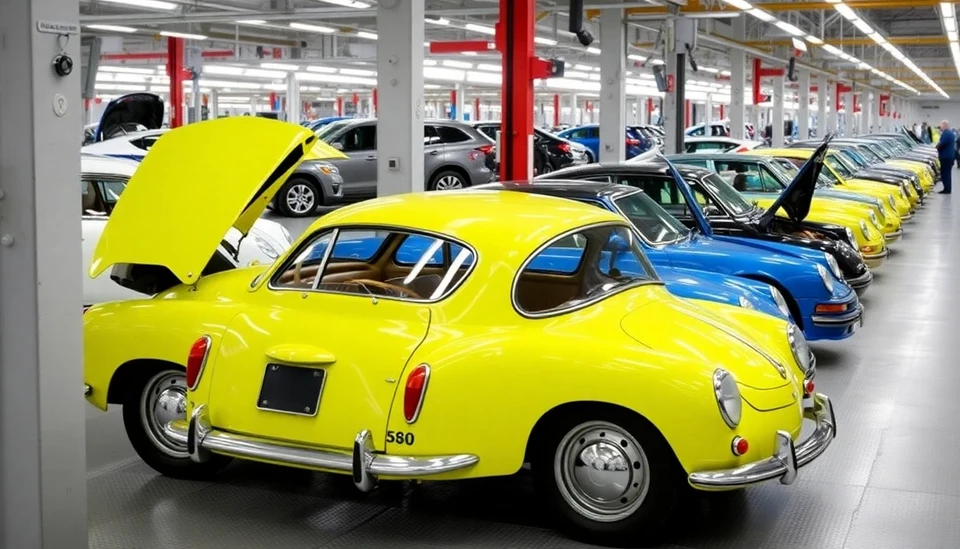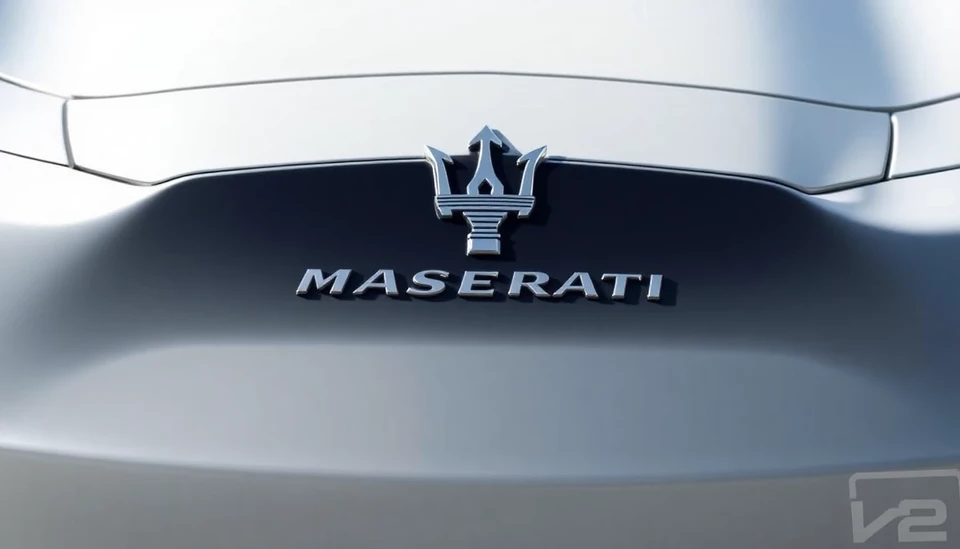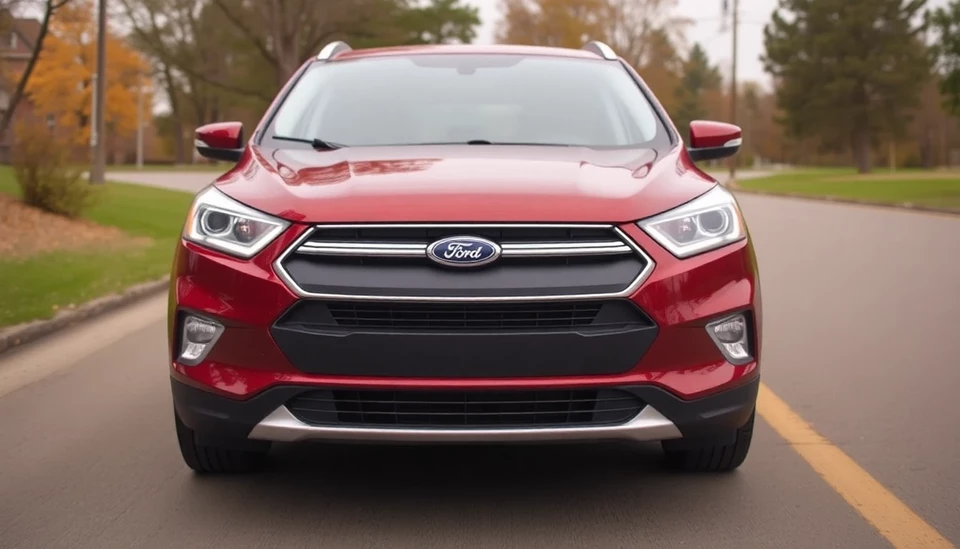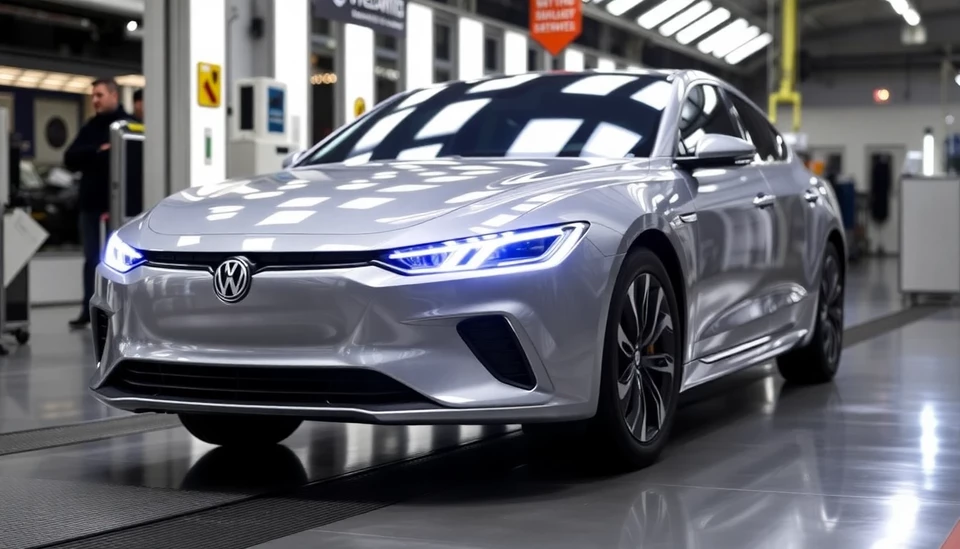
Stellantis, one of the world's leading automotive manufacturers, is currently facing production delays across its European facilities as it pivots towards hybrid vehicles. The company's ambitious strategy is aimed at meeting increasing regulatory demands for sustainability and fulfilling consumer demand for more eco-friendly options.
As manufacturers scramble to comply with stringent emissions regulations set to take effect in the coming years, Stellantis is redefining its production framework. The decision to accelerate hybrid vehicle development has resulted in unforeseen disruptions in the production timeline. According to internal sources, some models have already seen their launch dates pushed back due to the complexities involved in transitioning from traditional combustion engines to hybrid systems.
Stellantis, formed from the merger of Fiat Chrysler Automobiles and Peugeot S.A., has positioned itself as a formidable player in the electrification race. The integration of hybrid technologies requires extensive changes in manufacturing processes, leading to bottlenecks that the company did not fully anticipate. This shift not only affects vehicle assembly lines but has ripple effects on the supply chain, which is already feeling the strain from broader semiconductor shortages affecting the automotive industry.
Analysts have indicated that these production challenges could impact Stellantis' market competitiveness in the European region, especially as rival automakers are also pushing into the hybrid and electric vehicle sectors at an unprecedented pace. As such, Stellantis must expedite its adaptation to avoid losing ground against competitors who are already ahead in hybrid technology integration.
Moreover, the gradual switch from combustion engines to hybrids has raised concerns among employees regarding job security as operational shifts might render certain roles obsolete. The company has expressed its commitment to retraining and upskilling its workforce to align with the new manufacturing demands, emphasizing that workforce development will be a cornerstone of their transition strategy.
In the face of these production delays, Stellantis assures stakeholders that it is committed to its sustainability goals and is working proactively to streamline its manufacturing process. The automotive giant aims to have a significant portion of its lineup electrified by 2025, highlighting an ongoing commitment to reducing emissions and catering to evolving consumer preferences.
As the automotive industry continues its transformation amid the global shift towards greener mobility solutions, Stellantis' experience serves as a case study on the challenges inherent in such large-scale transitions. The company’s management is dedicated to overcoming these hurdles to ensure a successful lineup of cutting-edge hybrid vehicles in the near future.
Investors and consumers alike will be watching closely as Stellantis navigates this critical phase of its operations, with expectations that the production delays will be addressed swiftly and effectively to maintain its leadership position in the fast-evolving automotive landscape.
#Stellantis #Hybrids #ProductionDelays #AutomotiveIndustry #ElectricVehicles #Sustainability #EuropeanMarket
Author: Victoria Adams
